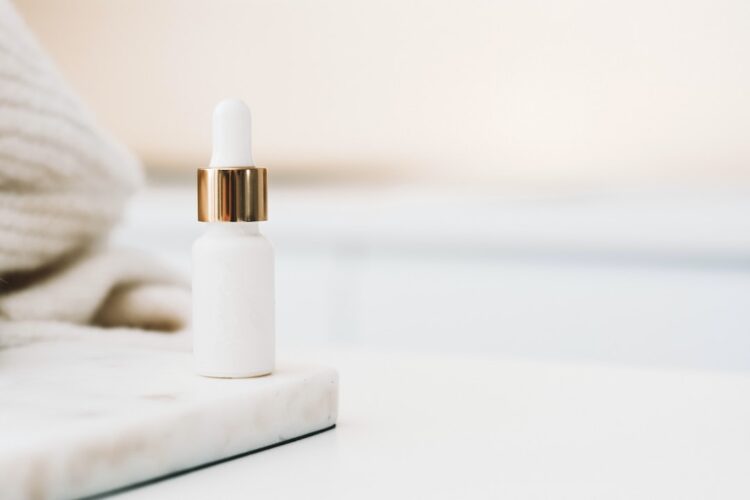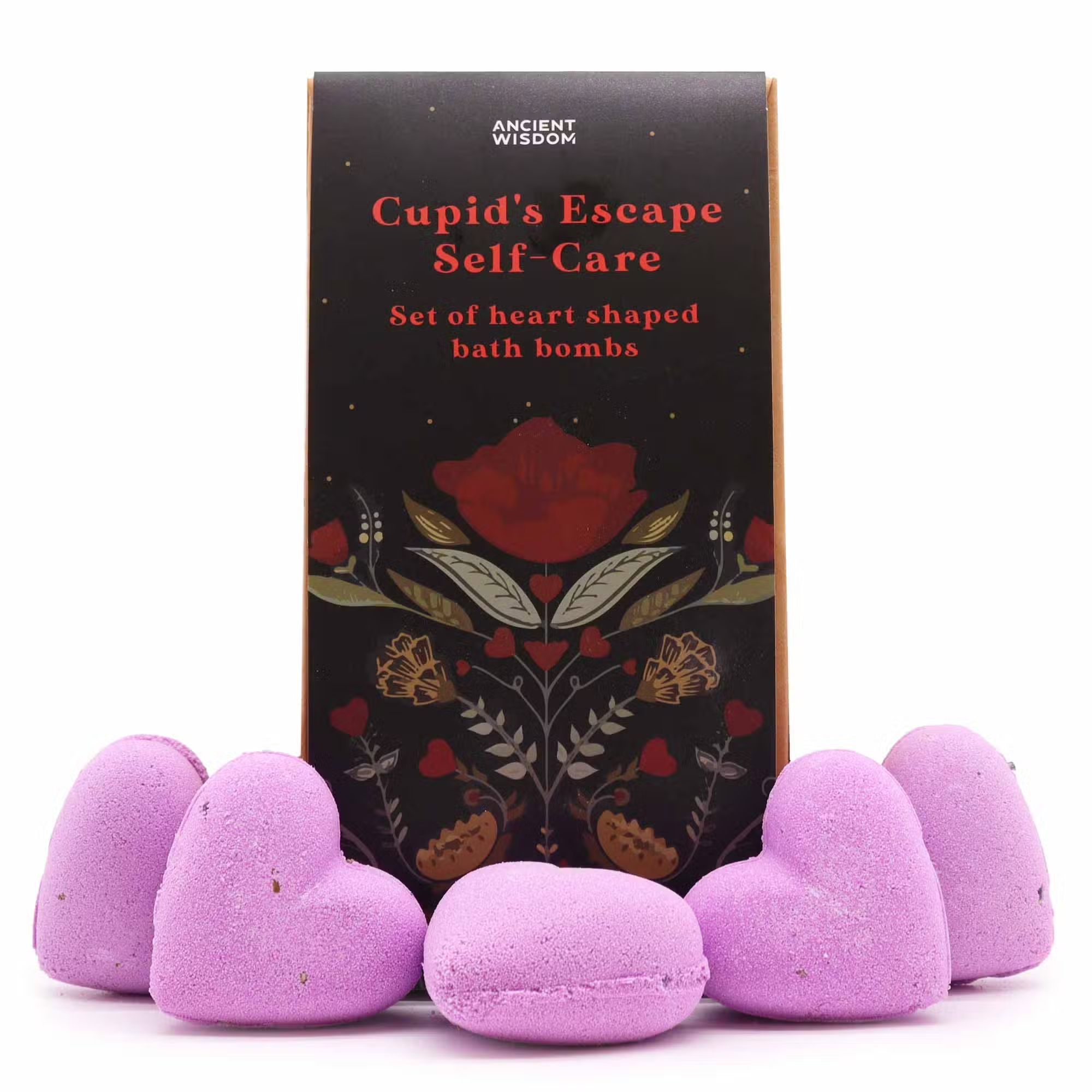Skin Type 101: Understanding Your Skin’s Unique Needs
Most of us have experienced the frustration of dealing with skin issues at some point in our lives. Whether it’s dryness, acne, oiliness, or sensitivity, our skin can be quite demanding. Understanding your skin’s unique needs is the first step towards achieving healthy and radiant skin. In this blog post, we will explore the different skin types and how you can best care for each one.
1. Normal Skin:
If you’re one of the lucky few with normal skin, you have a balanced complexion. Your skin is neither too oily nor too dry, and you rarely experience breakouts. However, this doesn’t mean you can neglect your skincare routine. A gentle cleanser, moisturizer, and sunscreen are essentials for keeping your skin looking its best.
2. Dry Skin:
Dry skin can be characterized by a tight and flaky appearance. It often feels uncomfortable and can even be itchy at times. Those with dry skin lack natural oils, leading to moisture loss. To combat dryness, choose a gentle cleanser that doesn’t strip away too much oil. Incorporate a rich moisturizer into your daily routine to replenish lost moisture. Additionally, avoid hot showers and harsh soaps, as they can further dry out your skin.
3. Oily Skin:
Oily skin presents as a shiny complexion, usually with enlarged pores. People with oily skin are prone to acne breakouts due to excessive oil production. To manage oily skin, opt for a gentle foaming cleanser to remove excess oil and dirt. Look for lightweight, oil-free moisturizers and non-comedogenic products that won’t clog your pores. Regular exfoliation can also help control oiliness by removing dead skin cells and preventing the buildup of sebum.
4. Combination Skin:
Combination skin is a combination of both oily and dry skin. Usually, the T-zone (forehead, nose, and chin) is oilier, while the cheeks tend to be drier. Finding the right balance can be challenging, but it’s achievable with the right products. Start with a gentle cleanser, followed by a moisturizer tailored to each area of your face. For example, you may need a lighter moisturizer for your T-zone and a more nourishing one for your cheeks.
5. Sensitive Skin:
Sensitive skin refers to skin that easily reacts to various irritants, such as certain skincare products or environmental factors. Symptoms may include redness, itching, burning, or tightness. To care for sensitive skin, choose gentle, fragrance-free cleansers, moisturizers, and sunscreens. Avoid products containing potential irritants, such as alcohol, artificial fragrances, or harsh chemicals. Patch testing new products before applying them to your entire face is also a good practice.
It’s important to note that your skin type can change over time due to various factors such as age, hormones, and climate. Regularly reassessing your skin’s needs can help you adjust your skincare routine accordingly.
Additional Skincare Tips:
1. Wear Sunscreen: Regardless of your skin type, protecting your skin from harmful UV rays should always be a priority. Opt for a broad-spectrum sunscreen with an SPF of 30 or higher and apply it generously every day.
2. Hydrate: Drinking enough water is essential for maintaining healthy skin. Hydrated skin is less prone to dryness, acne, and premature aging. Aim for at least eight glasses of water per day.
3. Diet: A balanced diet rich in fruits, vegetables, whole grains, and lean proteins can improve the overall health and appearance of your skin. Additionally, certain vitamins, such as vitamins A, C, and E, can support healthy skin.
In conclusion, understanding your skin type is crucial for finding the most suitable skincare routine. By identifying your skin’s unique needs, you can effectively address any issues and achieve the healthy and radiant skin you desire. Remember to consult with a dermatologist if you have persistent skin concerns that don’t improve with at-home care. With the right knowledge and care, you can enjoy beautiful, glowing skin for years to come.












